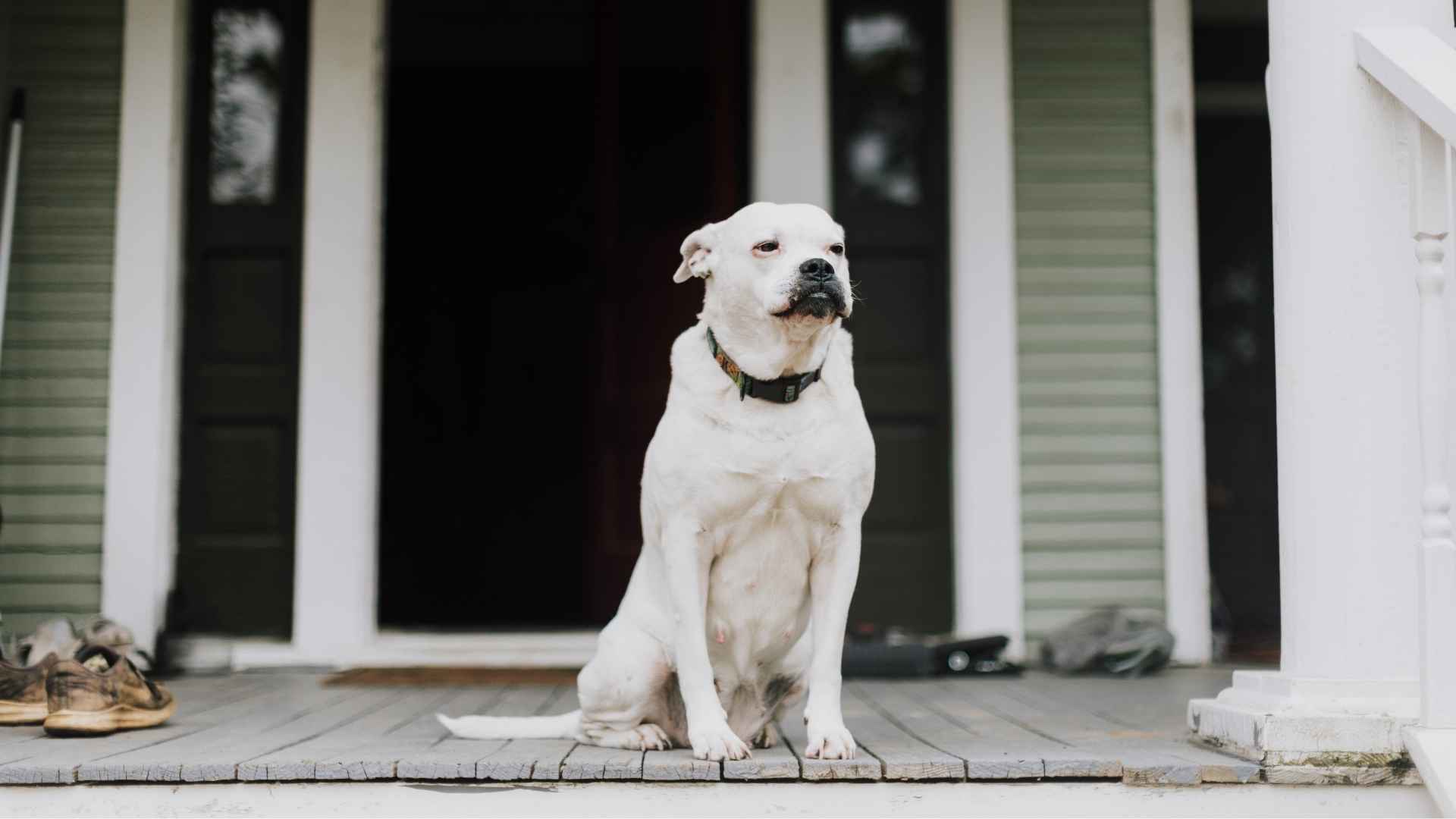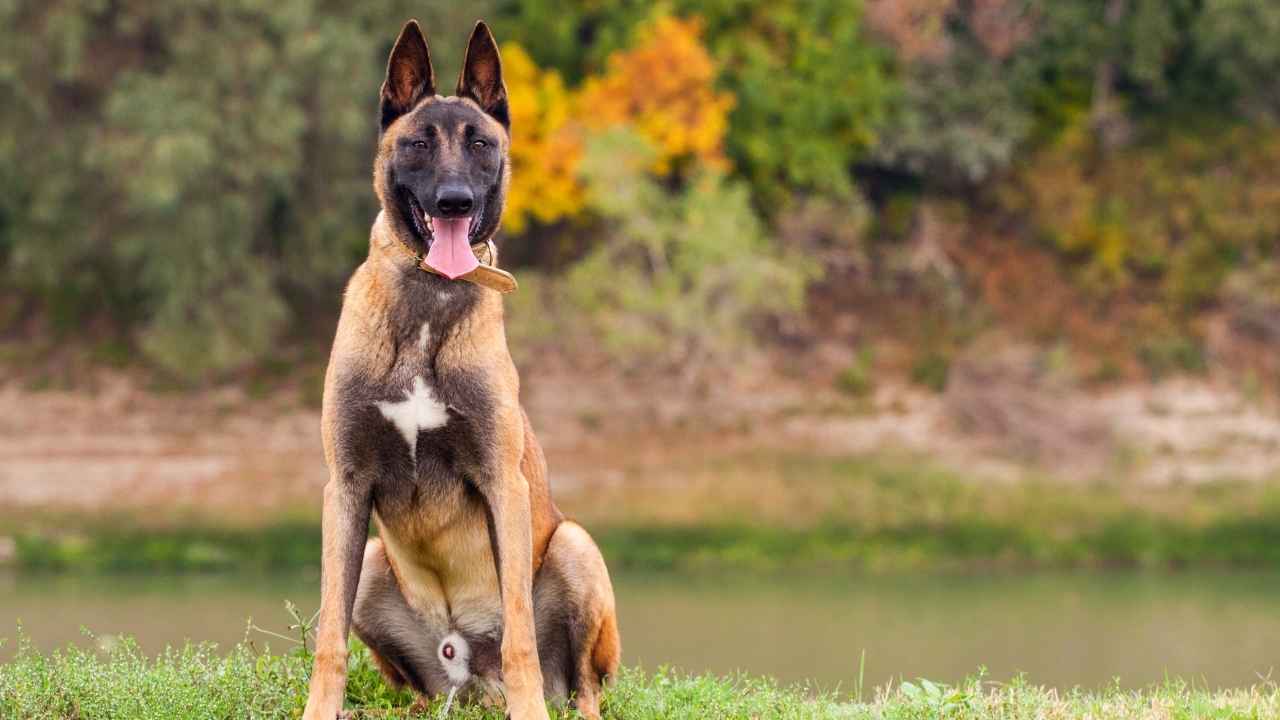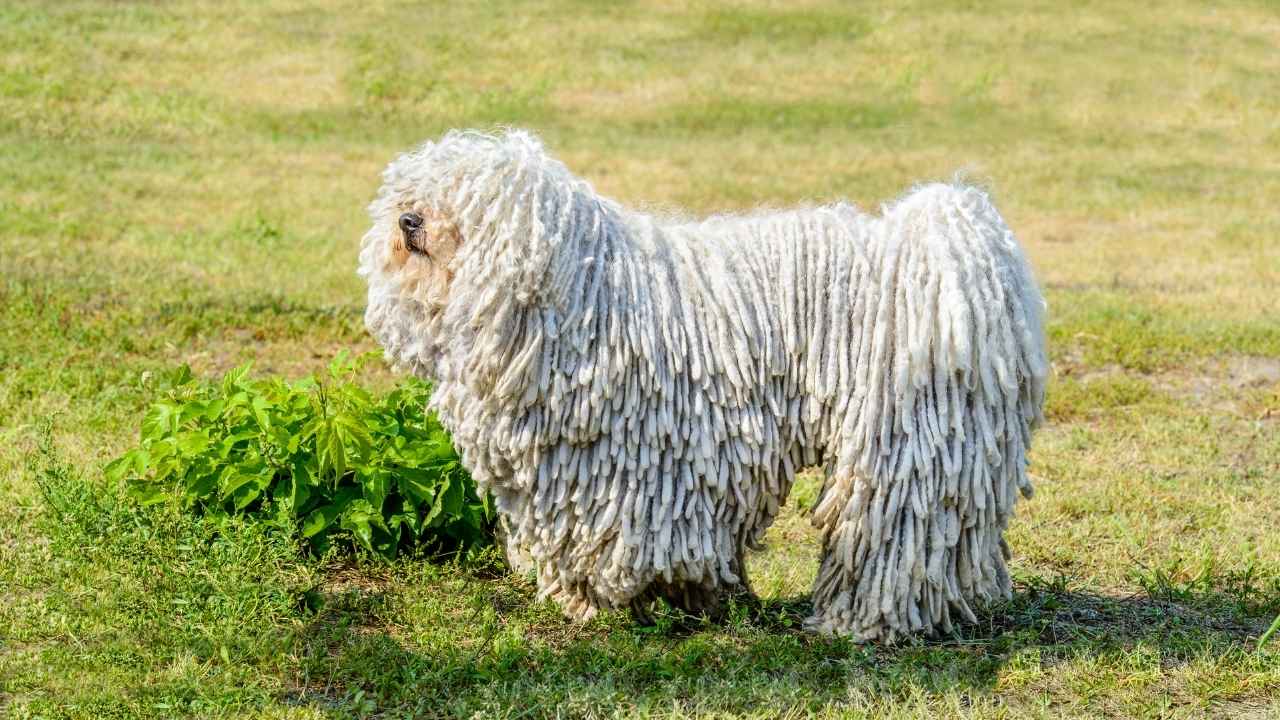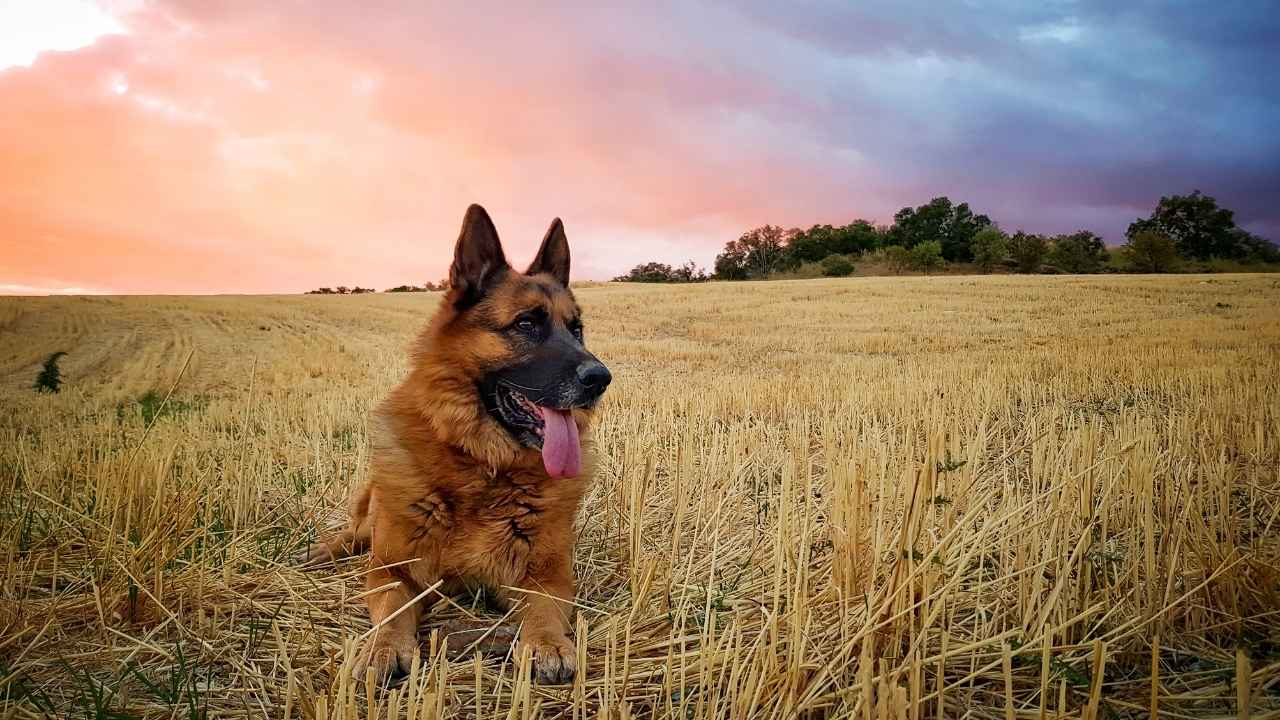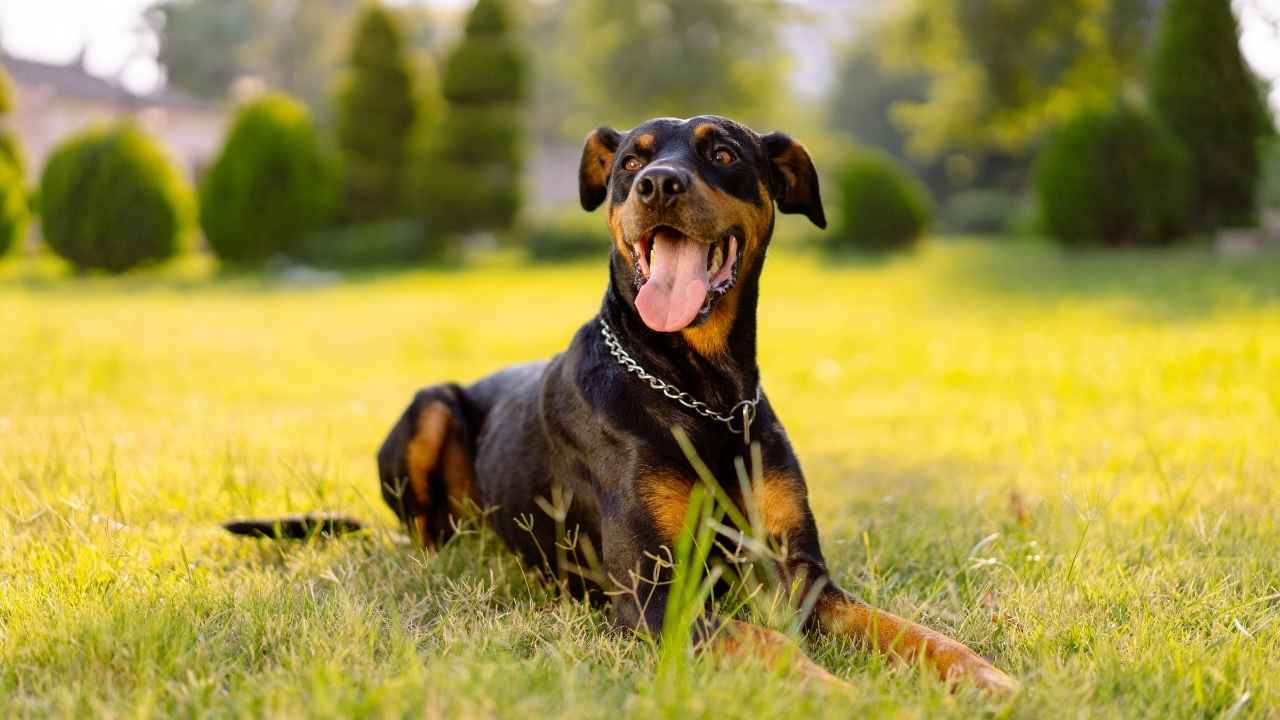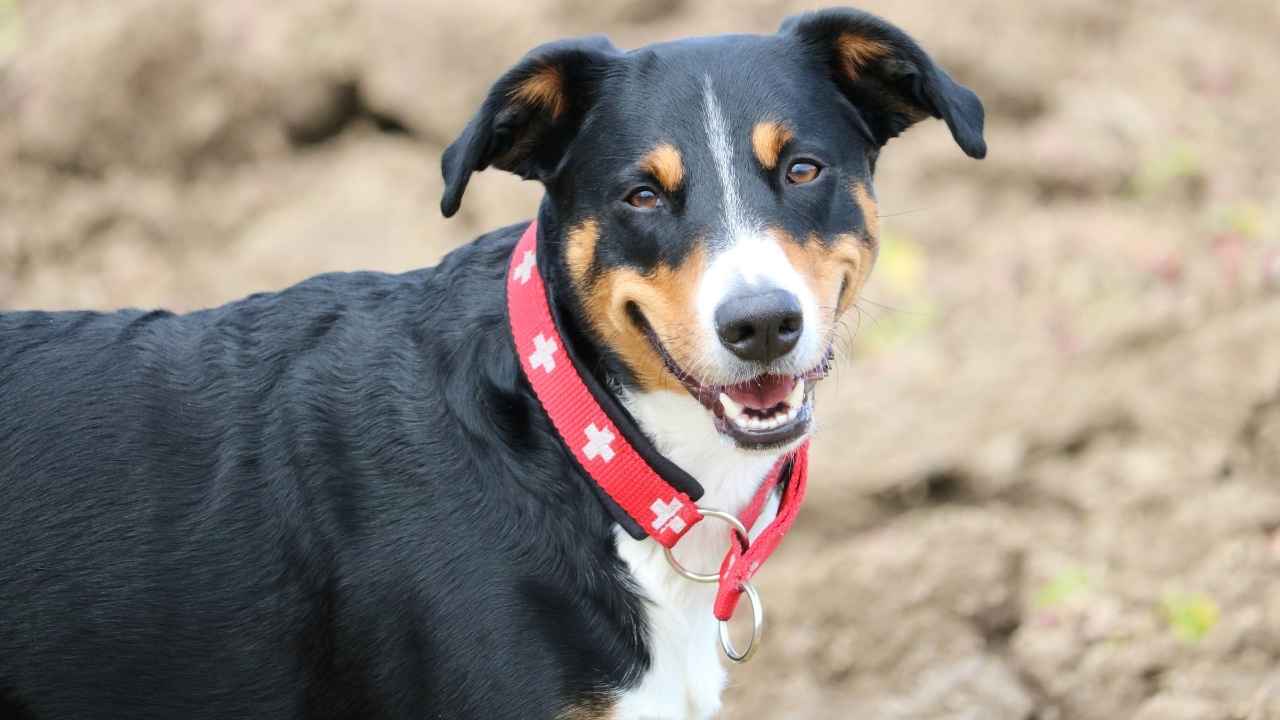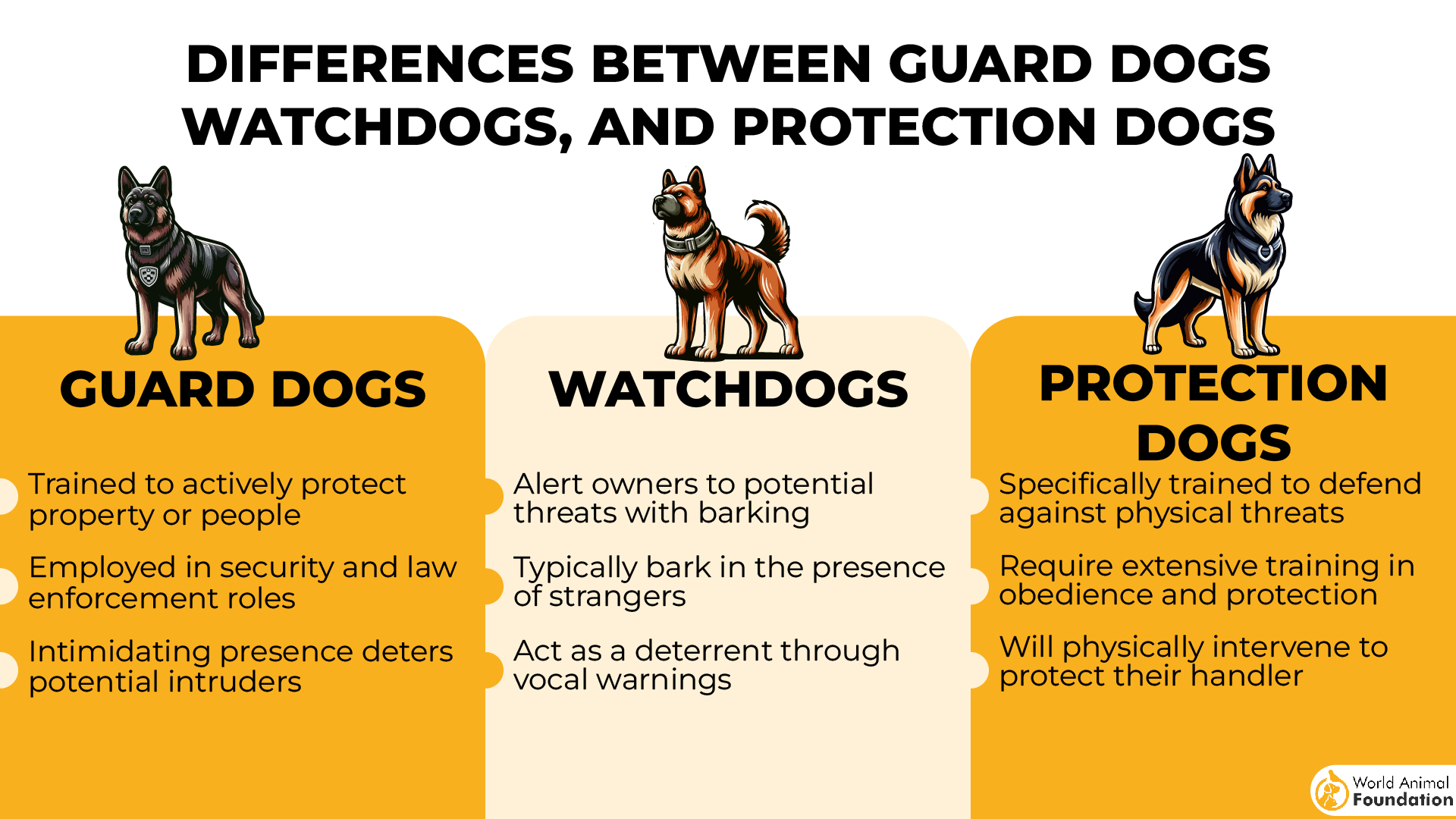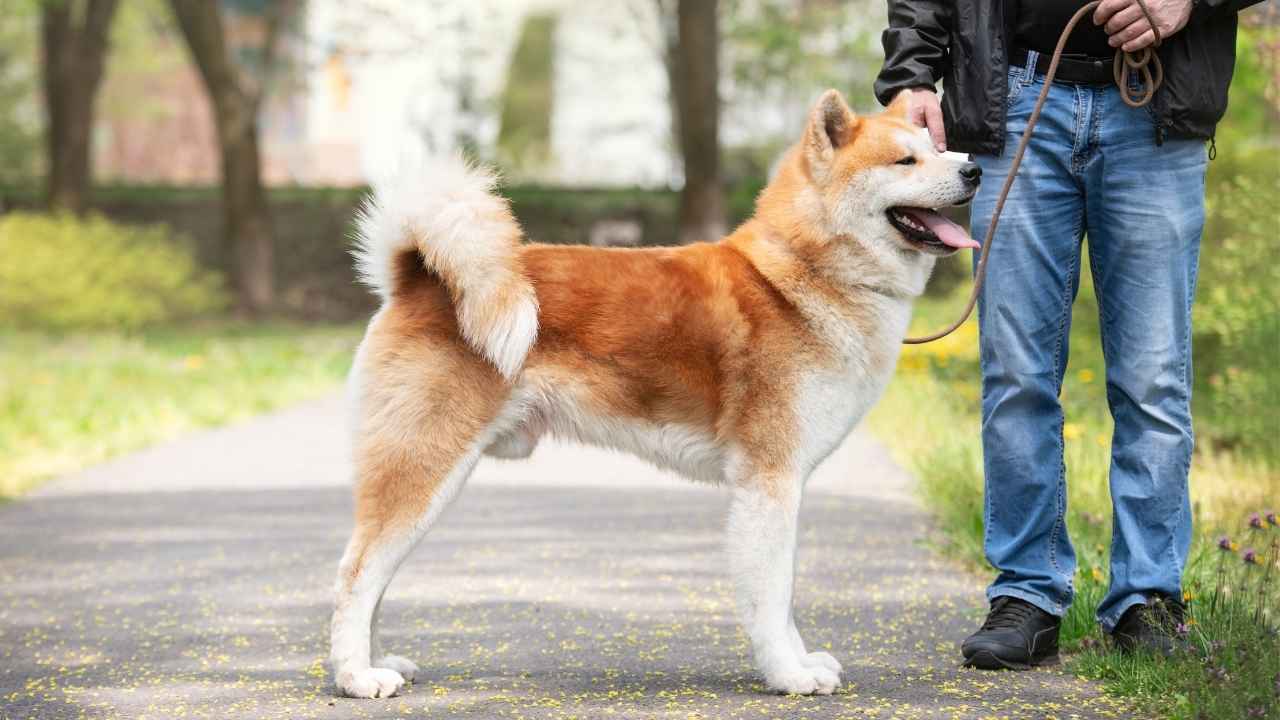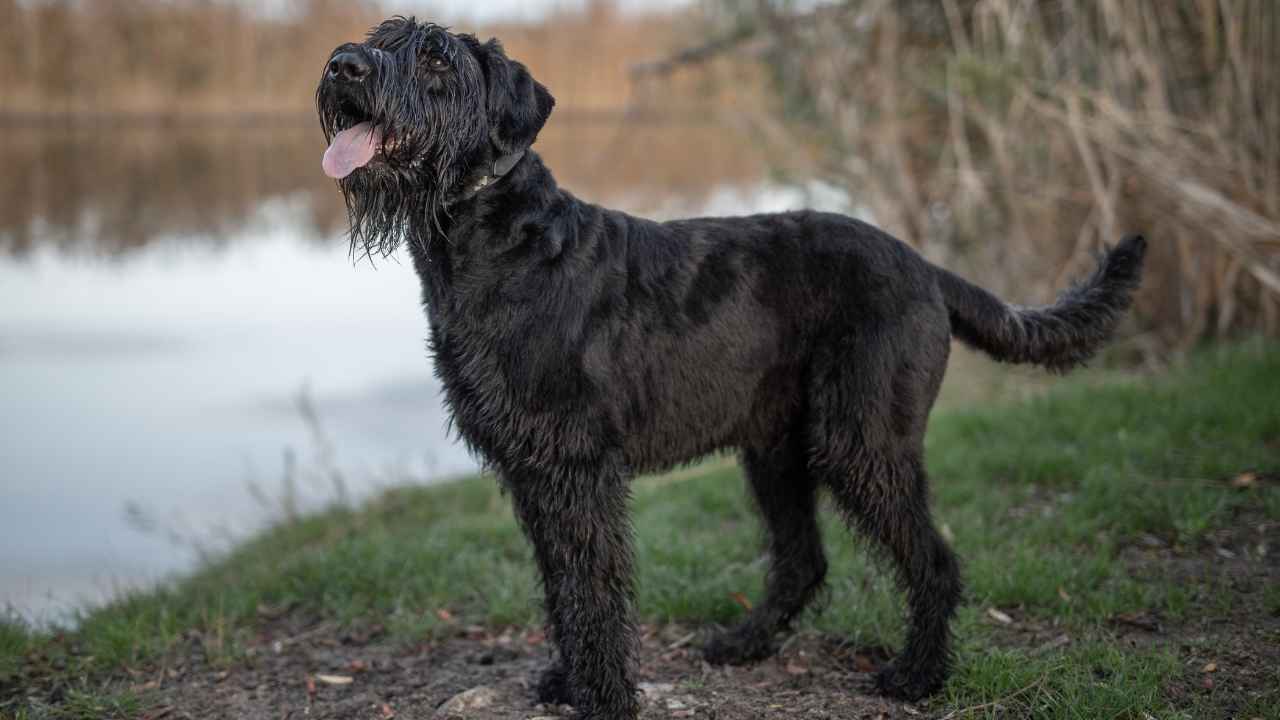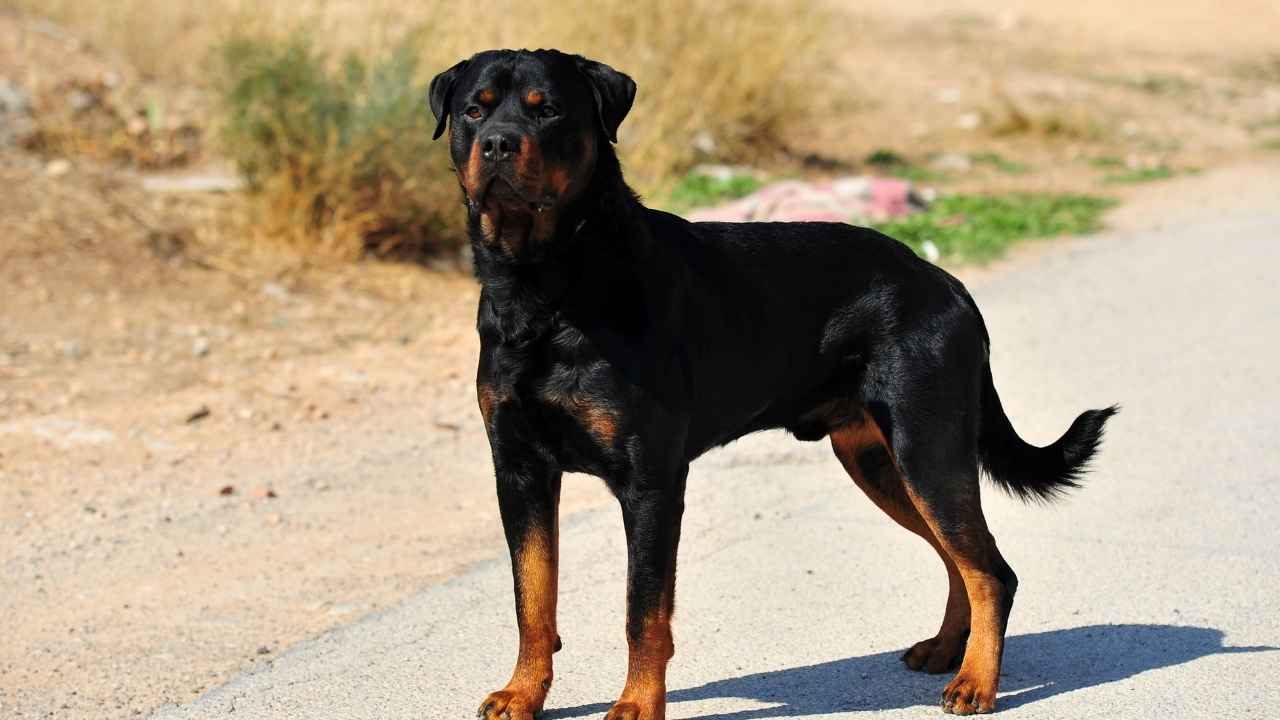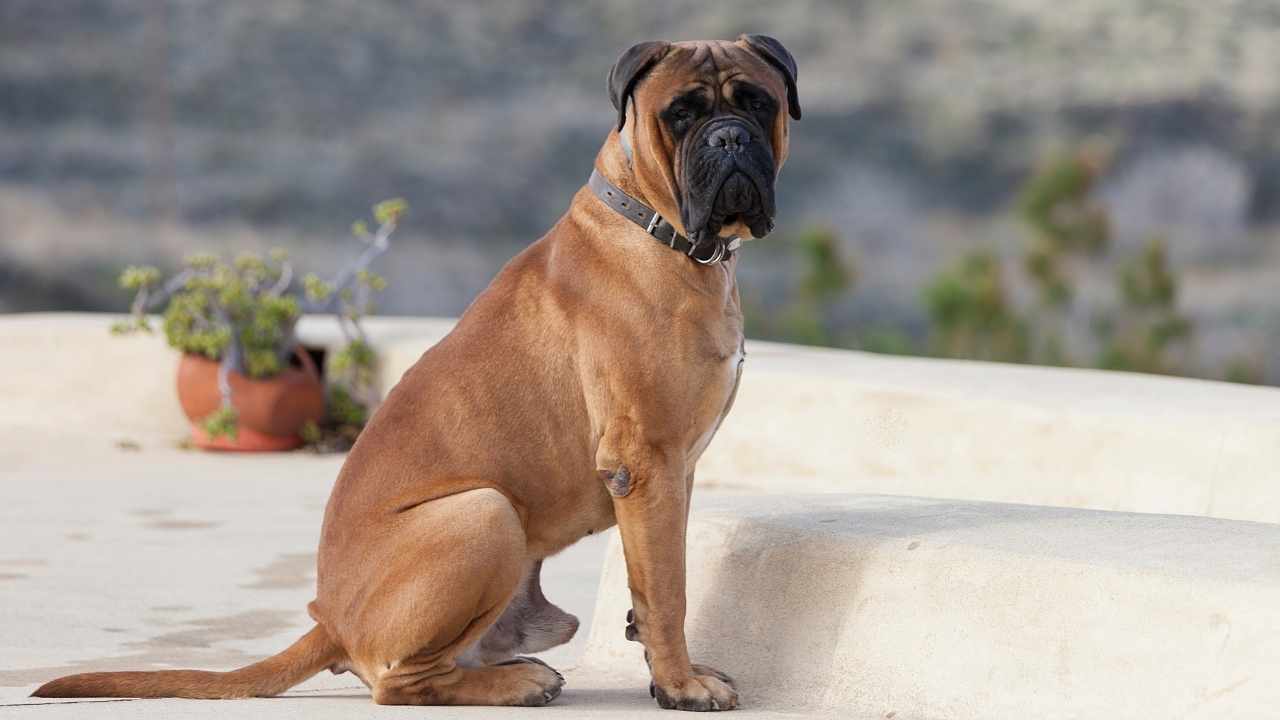In today’s world, ensuring the security of your home is paramount, and few measures are as reliable and endearing as choosing a loyal canine companion. Dogs have been mankind’s trusted allies for centuries, offering both companionship and protection. This guide explores the nine best house guard dog breeds that are not only protective but also possess the loyalty and intelligence to enhance your home security. Whether you live in a bustling urban area or a quiet suburban retreat, these breeds are exceptional guardians, ready to deter intruders while providing warmth and affection to your family.
Imagine coming home every day knowing there’s a loyal companion not just waiting to greet you, but also standing guard to protect everything you hold dear. While a monitored alarm system offers great peace of mind, there’s something about the presence of a guard dog that feels unmatched. It’s not just about security—it’s about the bond and trust you build with a living, breathing protector who’s part of your family.
For generations, dogs have been our steadfast guardians, watching over our homes and loved ones with unshakable dedication. Some families seek out dogs that not only provide companionship but also serve as a deterrent to unwelcome guests. However, choosing the right guard dog is no small task. It’s a balance of finding a breed whose natural protective instincts align with your lifestyle and home environment.
Of course, each dog’s personality is influenced by their breed’s traits, training, and the love they receive from their owners. So, let’s explore some of the best guard dog breeds that are known to excel at keeping your home safe and your family secure.
Best House Guard Dog
1. Belgian Malinois
The Belgian Malinois is a sharp, protective, and highly capable breed that thrives as both a loyal guard dog and a hardworking companion. Originally bred for herding and guarding sheep, their natural instincts make them excellent protectors of the home. Belgian Malinois are reserved around strangers and can be wary or even aggressive toward unfamiliar dogs if not properly socialized. However, with their family, they’re intensely loyal and eager to please, making them both dependable and devoted.
This breed’s intelligence and drive are unmatched, but they do require firm, consistent training to channel their energy productively. Early socialization is crucial to prevent behavioral issues, especially given their strong-willed and serious temperament.
Things to Keep in Mind
Belgian Malinois are high-energy dogs that demand daily exercise and mental stimulation. According to Omlet, they aren’t well-suited for homes with small children or other pets, as their natural intensity and potential for dominance can pose challenges.
This breed needs plenty of space to run and regular opportunities to engage their active minds through training and play. Obedience training is essential to keep them balanced and happy, ensuring they become not just a vigilant protector but also a well-adjusted family member.
2. Puli
The Puli is a unique herding dog, instantly recognizable by its long, corded coat that gives it a playful, dreadlock-like appearance. But don’t let their whimsical look fool you—beneath those locks is a compact, athletic dog with a sharp mind and a protective nature. Originally bred in Hungary to herd large flocks of sheep, the Puli is naturally alert and watchful, making them excellent watchdogs. Their keen sense of suspicion ensures they’ll bark at anything unusual, keeping your home well-guarded.
Pulik are eager to please and versatile, thriving as working dogs, loyal family pets, or even energetic competitors in canine sports like agility and obedience. They’re particularly good with children, especially if raised alongside them, though supervision is always recommended with small kids, as with any breed.
Things to Keep in Mind
Pulik are high-energy, intelligent dogs that need plenty of exercise and mental stimulation to stay happy. Their playful yet sometimes stubborn nature makes them a better fit for experienced owners who can handle their headstrong tendencies.
If you opt to keep their iconic corded coat, grooming requires care and patience, while an uncorded coat needs weekly brushing to avoid mats.
3. German Shepherd
The German Shepherd is a standout choice for a house guard dog and an incredible family companion—provided you have enough space for this energetic and loyal breed. Known for their dedication and unmatched versatility, German Shepherds excel in countless roles, from guide dogs and search-and-rescue heroes to therapy animals and police or military working dogs.
They’re also highly trainable, with a natural eagerness to learn and a strong work ethic that makes them a favorite among dog enthusiasts.
Things to Keep in Mind
German Shepherds are high-energy dogs that thrive with regular training and plenty of exercise. They’re best suited for active families or experienced dog owners who can provide the stimulation they need. PetMD notes that early socialization and consistent training are key for German Shepherd puppies to grow into confident, well-behaved adults. With the right care, they’ll not only protect your home but become a devoted member of your family.
4. Doberman Pinscher
If you’re looking for a fearless and dependable guard dog, the Doberman Pinscher is hard to beat. Known for their speed, intelligence, and bravery, Dobermans are among the smartest breeds, making them an excellent choice for home security.
When danger arises, their commanding bark and sheer strength can quickly deter intruders. But beneath their strong and imposing presence lies a deeply loyal and affectionate companion—when properly trained and socialized, they form unbreakable bonds with their families.
Things to Keep in Mind
Dobermans are naturally alert and protective, but they thrive with consistent training to ensure they channel their energy and instincts positively. Their sleek, low-maintenance coats require minimal grooming—just a weekly brush to keep shedding in check.
While they can be calm and devoted pets, PDSA mentions their high energy levels make them best suited for active households. However, given their size and strength, they may not be the ideal fit for families with very young children.
5. Appenzeller Sennenhund
The Appenzeller Sennenhund is a muscular and agile working dog, perfect for guarding, herding, or simply being a loyal family protector. Originally bred as a farm dog, they embody the best traits of a herding breed—obedience, intelligence, and unwavering loyalty.
Their natural protective instincts make them excellent watch or guard dogs, while their sharp minds and eagerness to learn ensure they’re a joy to train. These dogs are deeply devoted to their families but tend to be aloof and cautious around strangers, sometimes displaying excessive barking or protective behavior if not properly socialized.
Things to Keep in Mind
Appenzellers are high-energy dogs that thrive on exercise, training, and having a purpose. They’re best suited for homes with plenty of space to run and play—apartment living won’t cut it for these active pups.
Families willing to provide the mental and physical stimulation they need will gain a devoted, affectionate companion who’s great with kids. However, without proper training, their herding instincts may surface, leading to playful nipping or rounding up the little ones.
6. Akita
The Akita, a majestic mountain dog from Japan, is more than just a protector—it’s a symbol of longevity and good health in its homeland. Originally bred to guard Japanese royalty, this breed’s strength and versatility also made them skilled hunters, capable of taking down deer, wild boars, and even bears.
But there’s much more to this curly-tailed, bushy-coated dog than its impressive past. With their fearless loyalty and deep affection for their families, Akitas make exceptional companions and home guardians.
Things to Keep in Mind
Akitas are naturally quiet and meticulous, but they’re also strong-willed and assertive, requiring experienced owners who can provide consistent training and socialization from a young age. They’re often aloof with strangers and intolerant of other animals, so early effort to shape their behavior is essential. Because of their strong prey drive and independent nature, AKC warns they should never be off-leash in unsecured areas.
On the bright side, Akitas are relatively low-maintenance when it comes to grooming. Their luxurious double coat, free of strong doggy odors, needs weekly brushing to stay in top condition.
7. Giant Schnauzer
The Giant Schnauzer is a loyal and protective large dog that brings both love and security to your family. With their strong, commanding presence and natural territorial instincts, they’re an excellent choice for keeping your home safe. Originally bred as hardworking farm dogs capable of herding cattle and pulling carts, their versatility shines through to this day. From serving as police and military dogs to excelling in search-and-rescue and guide work, Giant Schnauzers are truly a multifaceted breed.
These dogs are as intelligent as they are imposing. While their serious demeanor might make strangers pause, they’re sweet, gentle, and great with children when raised as part of the family. Their protective instincts mean they may be wary of newcomers, but with proper socialization and training, they strike a perfect balance between guardian and affectionate companion.
Things to Keep in Mind
Giant Schnauzers are high-energy dogs that thrive in active households. They need daily exercise and mental stimulation to stay happy and well-behaved, making them best suited for experienced owners who can dedicate time to their training and play. Their wiry double coat requires regular grooming, including daily brushing and frequent trips to the groomer, so be prepared for some upkeep.
8. Rottweiler
The Rottweiler is a powerful and loyal working dog with a rich history. Descended from the mastiffs of the Roman legions, they were originally used for herding and even bear hunting during the Middle Ages. Despite nearing extinction in the 1900s, this resilient breed made a strong comeback and has since served in roles like police work and even search-and-rescue missions, including during the 9/11 attacks.
Known for their confidence and strength, Rottweilers are natural protectors of their families, often showing caution around strangers. With proper training and socialization, their protective instincts can be finely tuned to create a well-balanced and devoted companion.
Things to Keep in Mind
Rottweilers are relatively low-maintenance when it comes to grooming—a quick weekly brush usually does the trick. However, they need consistent exercise to stay fit, as they’re prone to obesity if not kept active. Socialization and training from an early age are essential to ensure their bravery and loyalty don’t veer into unwanted aggression.
Large males may drool, but their love and dedication more than makeup for it. Hill’s Pet states this breed’s strong will and power make them best suited for experienced owners rather than first-timers.
9. Bullmastiff
The Bullmastiff, often called the “Gamekeeper’s Night Dog,” has a fascinating history as a protector of English estates, originally bred to deter poachers. With their massive size—often exceeding 100 pounds—and an imposing presence, they can easily discourage intruders.
But beyond their intimidating appearance lies a deeply loyal and protective nature, making them an excellent family dog. Bullmastiffs quickly recognize their “pack” and will go to great lengths to keep their loved ones safe. Their awareness of their surroundings and calm temperament makes them ideal guardians who can protect without posing a threat to children in the household.
Things to Keep in Mind
Early and consistent training is crucial for Bullmastiffs to ensure they grow into well-mannered, confident dogs. Socialization from a young age helps them differentiate between welcomed guests and potential threats.
While they are great with children, their large size and strength can lead to accidental knockdowns, especially with playful, energetic dogs. Including them in family activities is important, as Bullmastiffs form strong attachments to their human companions.
Conclusion
Choosing the best house guard dog depends on your lifestyle, home setup, and what you’re looking for in a companion. Breeds like the German Shepherd, Rottweiler, and Bullmastiff are excellent guard dogs, blending loyalty with protective instincts.
While our list highlights some of the most well-known protective dogs, there are other dogs like the Cane Corso or Great Pyrenees that are also renowned for their watchful nature and intimidating look. Each of these great guard dog breeds has unique strengths, but all benefit from early training to ensure they grow into well-mannered and confident guardians.
It’s worth noting that even breeds like the Staffordshire Bull Terrier, often unfairly given a bad reputation, can be great family pets when raised with love and proper guidance. Similarly, Australian Shepherds, with their sleek coats and intelligence, might not top the list for home protection but are loving dogs with a strong work ethic.
Whether you’re seeking a dog with patience for kids, a lovable pet, or the perfect addition to your family, finding the right breed ensures both security and a bond that will last a lifetime. Remember, no matter how great a guard dog may be, proper training and care are key to their success as both protectors and companions.
In conclusion, selecting the right guard dog breed is an effective way to enhance home security. Each of the nine breeds highlighted offers unique traits and abilities, such as loyalty, intelligence, and protective instincts, which make them excellent guardians. From the imposing presence of the German Shepherd to the unwavering loyalty of the Doberman Pinscher, these breeds not only safeguard your home but also offer companionship. By considering factors like temperament, energy levels, and training requirements, homeowners can find the perfect canine partner to enhance their home’s safety and provide peace of mind.

